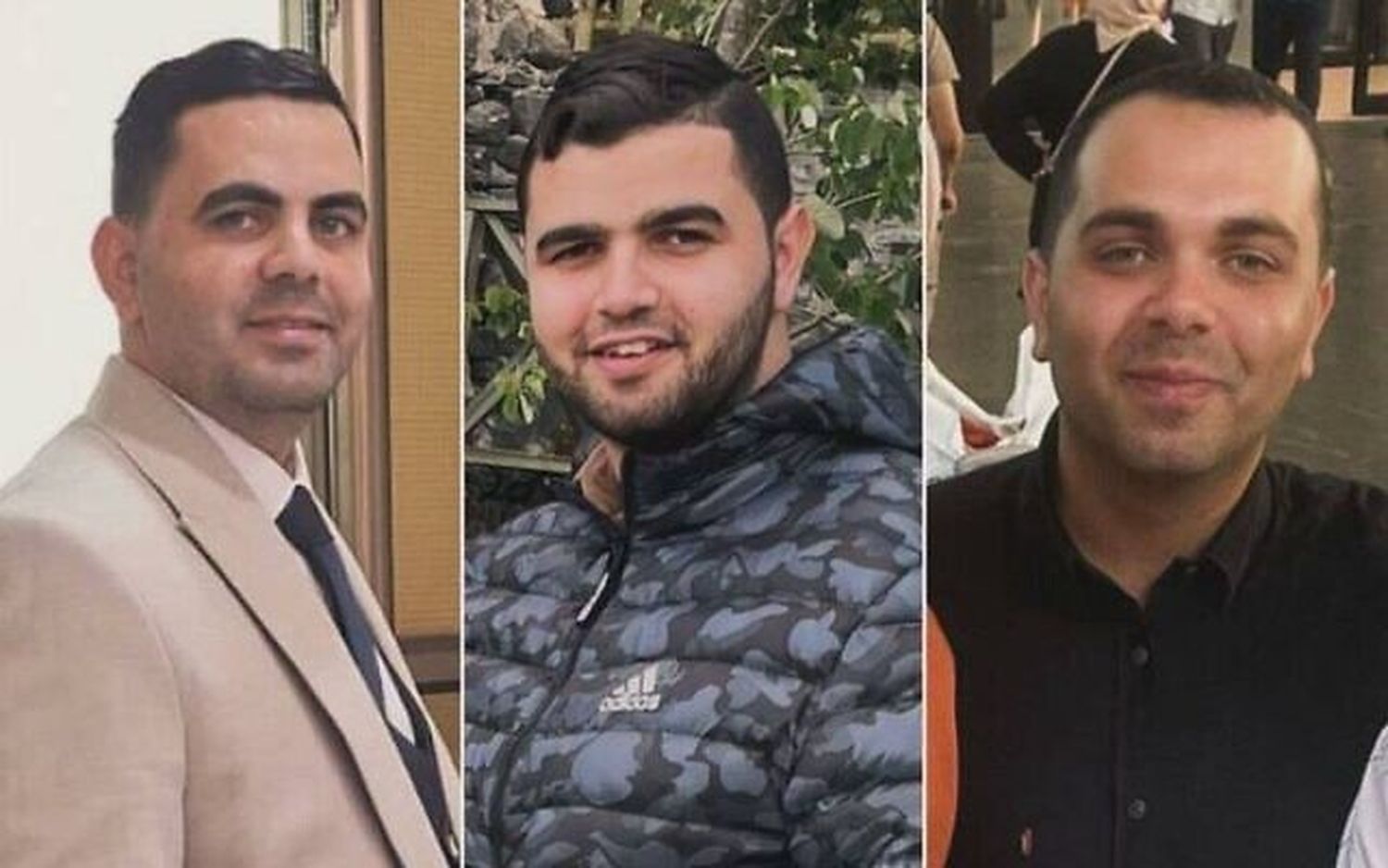Israel-Gaza War
Israel kills 3 sons of Hamas chief Haniyeh in Gaza strike
Israeli forces conducted an airstrike in the Gaza Strip, resulting in the deaths of three sons of Hamas' political chief, Ismail Haniyeh. The strike, which took place on Wednesday, also claimed the lives of three of Haniyeh's grandchildren, as confirmed by the family and various media outlets.
The deceased sons, identified as Hazem, Amir, and Mohammad Haniyeh, were traveling through Gaza's Shati refugee camp to visit relatives during the Muslim holiday of Eid-al-Fitr when their vehicle was hit by a missile. The Israeli military acknowledged carrying out the airstrike, confirming that Haniyeh's sons were operatives of Hamas' armed wing, the al-Qassam Brigades.
Ismail Haniyeh, who resides in exile in Qatar, spoke to Al Jazeera in response to the deaths, stating, "My sons were martyred on the road to liberating Jerusalem and the Al-Aqsa Mosque." He insisted that the deaths of his family members would not influence Hamas' stance during cease-fire negotiations with Israel. "The enemy will be delusional if it thinks that targeting my sons, at the climax of the negotiations and before the movement sends its response, will push Hamas to change its position," Haniyeh declared.
The strike on one of Hamas' senior leaders' family comes amid failed attempts at a cease-fire agreement between Israel and Hamas. The deaths occurred before Hamas was set to respond to ongoing negotiations, and Haniyeh made it clear that the deaths would not change Hamas' position. He added, "The blood of my sons is not dearer than the blood of our people...All the martyrs of Palestine are my children."
The Israeli Ministry of Defense was reached out to for comment, but there was no immediate response. The IDF, in a statement, claimed the three sons were "three Hamas military operatives that conducted terrorist activity in the central Gaza Strip." The IDF further elaborated that Amir Haniyeh was a cell commander in the Hamas military wing, while Mohammad and Hazem were military operatives within the organization.
The airstrike has drawn international attention, with various leaders and organizations expressing their views on the incident. Turkish President Recep Tayyip Erdogan offered condolences in a phone call to Hamas leader Ismail Haniyeh, while Iran's President Ebrahim Raisi also sent condolences, expressing deep sorrow over the deaths. Palestinian Authority President Mahmoud Abbas was among those who sent messages of condolence to Haniyeh.
The Israeli-Palestinian conflict has a long and complex history, with the roots of the current Israel-Hamas war tracing back over a century. The latest conflict broke out on October 7 when Hamas launched a surprise attack on Israel from the Gaza Strip, killing 1,200 people in towns, kibbutzim, army bases, and a music festival in the desert. Israel's military response has been severe, with the Hamas-run health ministry in Gaza reporting over 33,000 Palestinian deaths.
The ongoing war has ignited a humanitarian catastrophe, with most of the territory's population displaced and vast swaths of Gaza's urban landscape leveled in the fighting. The war has also spilled over into other regions, with Israel engaging in clashes with local militias in the West Bank, Hezbollah in Lebanon, and other Iranian-backed militias in Syria.
As the conflict continues, the international community watches closely, with many calling for an immediate cease-fire to prevent further loss of life and to allow humanitarian aid to reach those in need. The recent airstrike and the deaths of Ismail Haniyeh's sons and grandchildren have added another layer of complexity to the already fraught negotiations and have highlighted the personal toll that political leaders on both sides of the conflict can face.

